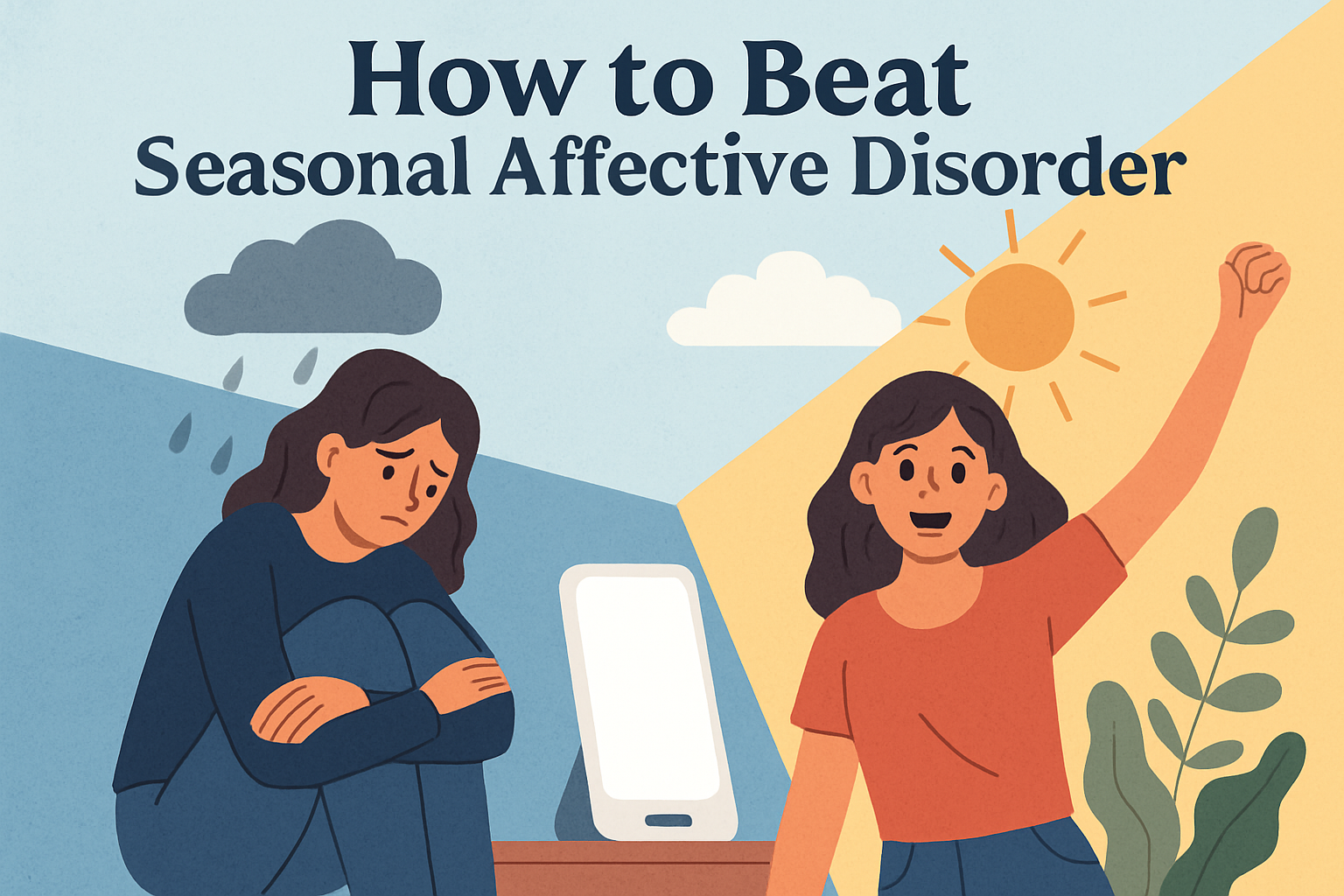Depression is a mental health disorder that affects over 250 million people worldwide. It causes persistent feelings of sadness, hopelessness, and worthlessness, affecting all aspects of everyday life. While experiencing occasional periods of sadness is a normal part of the human experience, chronic or severe depression can be debilitating and requires professional assistance. Let’s discuss some of the signs and symptoms that indicate when it is time to seek help with depression.
Signs it’s Time to Seek Help with Depression
One of the most common symptoms of depression is a persistent feeling of sadness that doesn’t dissipate even after positive experiences or events.
This sadness can be overwhelming, making it difficult to find joy in activities that once brought pleasure.
Other common signs it may be time to seek help for depression include:
- A loss of interest or enjoyment in activities that usually bring joy, leading to isolation and social withdrawal. If you find yourself withdrawing from activities that once brought pleasure without any apparent explanation, seeking help may be necessary.
- Changes to eating patterns. Changes to appetite can lead to overeating or undereating, causing significant weight gain or loss, respectively. If there is no apparent medical explanation for these changes, they are a potential sign of depression.
- Sleep disturbances such as insomnia, hypersomnia, or daytime sleepiness. Changes in sleep patterns can worsen depression, leading to a vicious cycle of negative emotions and sleep deprivation.
- Physical symptoms, including headaches, stomach pains, and chronic fatigue, among others. While these symptoms can have other causes, persistent and unexplained physical ailments accompanied by feelings of sadness and worthlessness can be related to depression.
- Difficulty with concentration and memory, leading to decreased productivity and performance at work or school. This symptom can cause further anxiety, worsening depression symptoms.
Learn More About How to Cope with Depression
Pay Close Attention to Intrusive Thoughts or Suicidal Ideation
Depression can lead to feelings of helplessness and hopelessness, leading to suicidal ideation or plans without warning.
If you’re experiencing intrusive thoughts of suicide or self-harm, you should seek help immediately.
When It’s Time to Seek Help with Depression
Depression is a treatable mental health disorder. Seeking help for it is essential, especially when symptoms become chronic or severe, and when self-help coping mechanisms are not effective.
Recognizing the signs is an essential step towards receiving care and addressing the underlying causes of depression.
Seeking help is not a sign of weakness but strength.
Mental health professionals can provide tailored treatment options to promote healing and well-being, empowering you to lead a fulfilling life.
You don’t have to face depression alone.
Know you need never be alone. Call or text 988 or chat 988lifeline.org to reach a 24-hour crisis center, text MHA to 741741, call 911, or go to the nearest emergency room.
To learn more about the complexities of depression, read 6 Forms of Depression: How to Spot Each One.
Thank you as always for reading.
If you haven’t yet subscribed, please visit KindCompassCoach and enter your email address so you never miss a post.
As Amazon Associates, we may receive a small commission (at no cost to you) for items purchased through links in this post.

Joan Senio is the founder of Kindness-Compassion-and-Coaching.com. Joan’s career includes clinical healthcare plus 20+ years as an executive in a nationwide health care system and 15 years as a consultant. The common threads throughout Joan’s personal and professional life are a commitment to non-profit organizations, mental health, compassionate coaching, professional development and servant leadership. She is a certified Neuroscience Coach, member of the International Organization of Life Coaches, serves as a thought-leader for KuelLife.com and is also a regular contributor to PsychReg and Sixty and Me. You can read more about Joan here: Joan Senio.
















No Responses